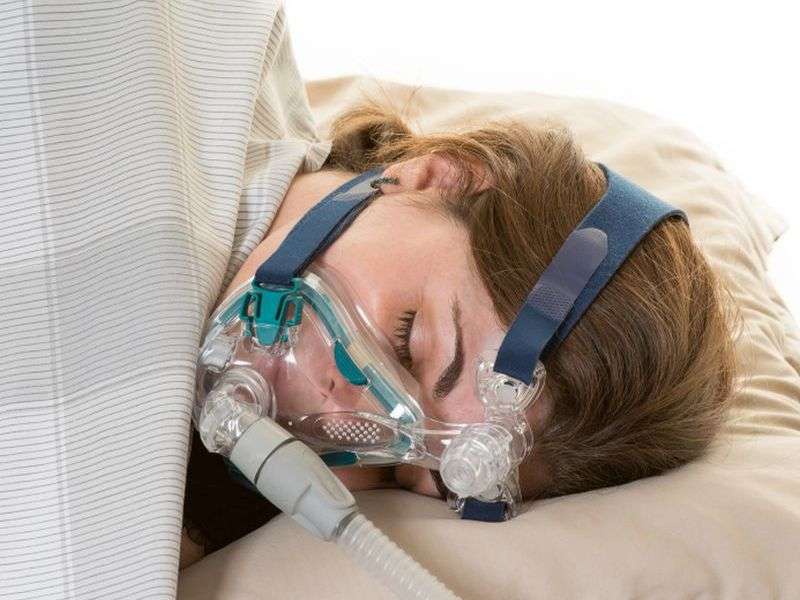Basal metabolic rate down after CPAP initiation in OSA

(HealthDay)—For patients with obstructive sleep apnea (OSA), treatment with continuous positive airway pressure (CPAP) is associated with a decrease in basal metabolic rate (BMR), according to a study published recently in the American Journal of Respiratory and Critical Care Medicine.
Noting that treating OSA with CPAP may promote weight gain, Ryo Tachikawa, M.D., Ph.D., from Kyoto University in Japan, and colleagues conducted a comprehensive assessment of energy metabolism in 63 participants with newly diagnosed OSA, CPAP initiation, and a three-month follow-up.
The researchers found that BMR decreased significantly after CPAP (P < 0.001), while physical activity and total caloric intake did not change significantly. Significant predictors of ΔBMR included baseline apnea-hypopnea index, Δurine norepinephrine, and CPAP adherence. Higher leptin levels, lower ghrelin levels, and higher eating behavior scores were seen for weight gainers versus non-weight gainers. Increased caloric intake was a significant predictor of weight gain.
"Although a reduction in BMR after CPAP predisposes to a positive energy balance, dietary intake and eating behavior had greater impacts on weight change," the authors write. "These findings highlight the importance of lifestyle modifications combined with CPAP."
More information: Full Text (subscription or payment may be required)
Copyright © 2016 HealthDay. All rights reserved.




















